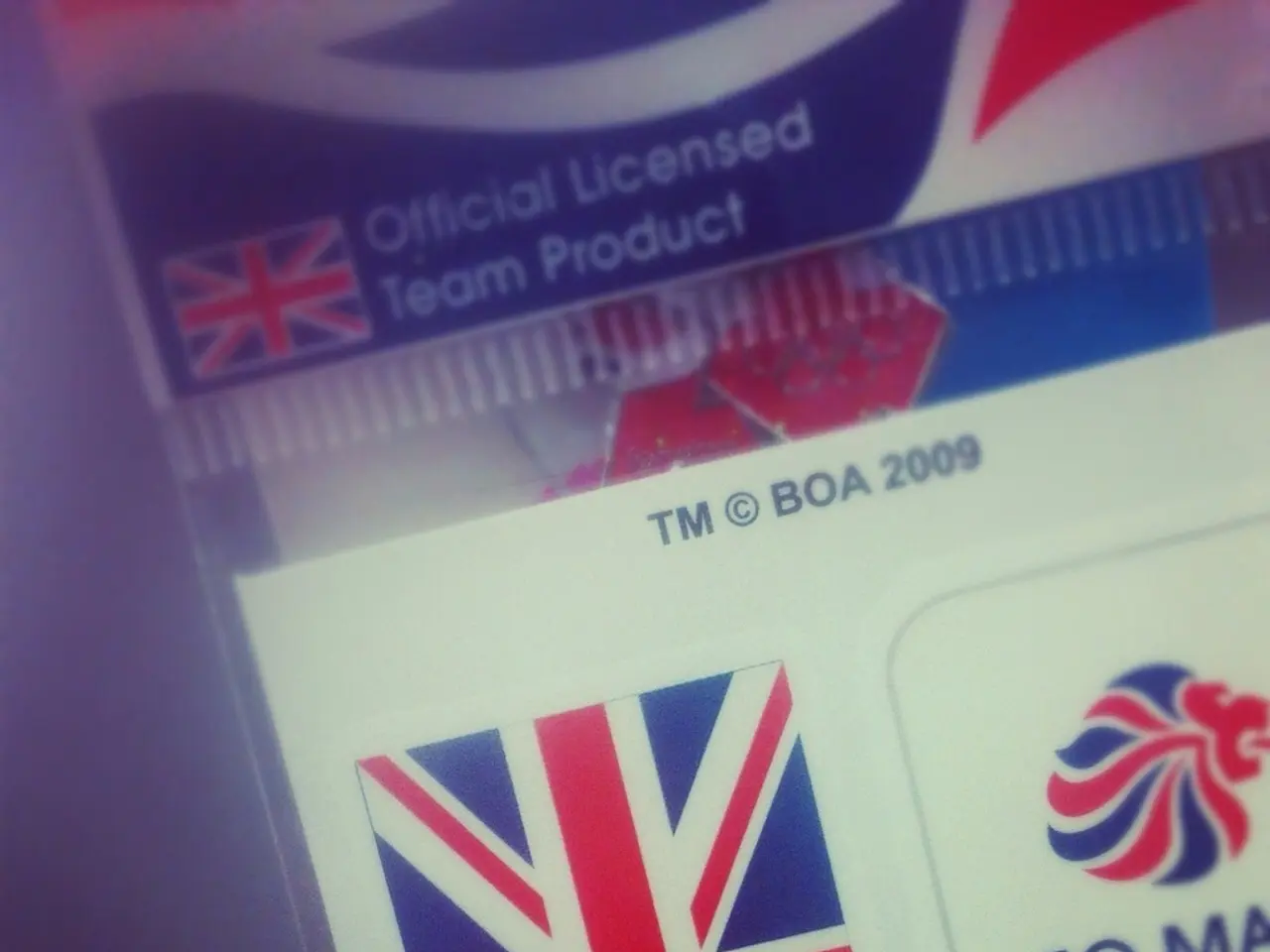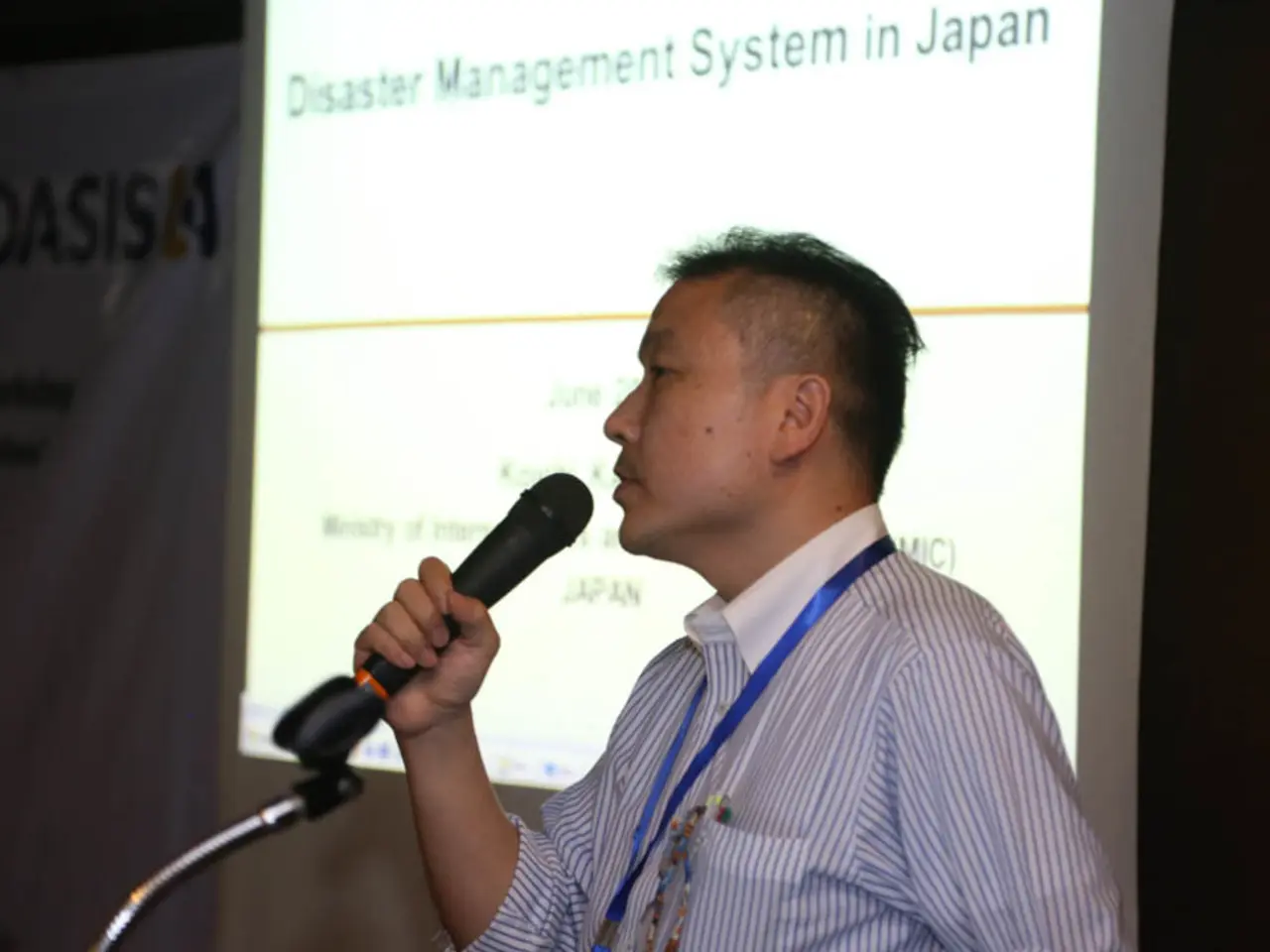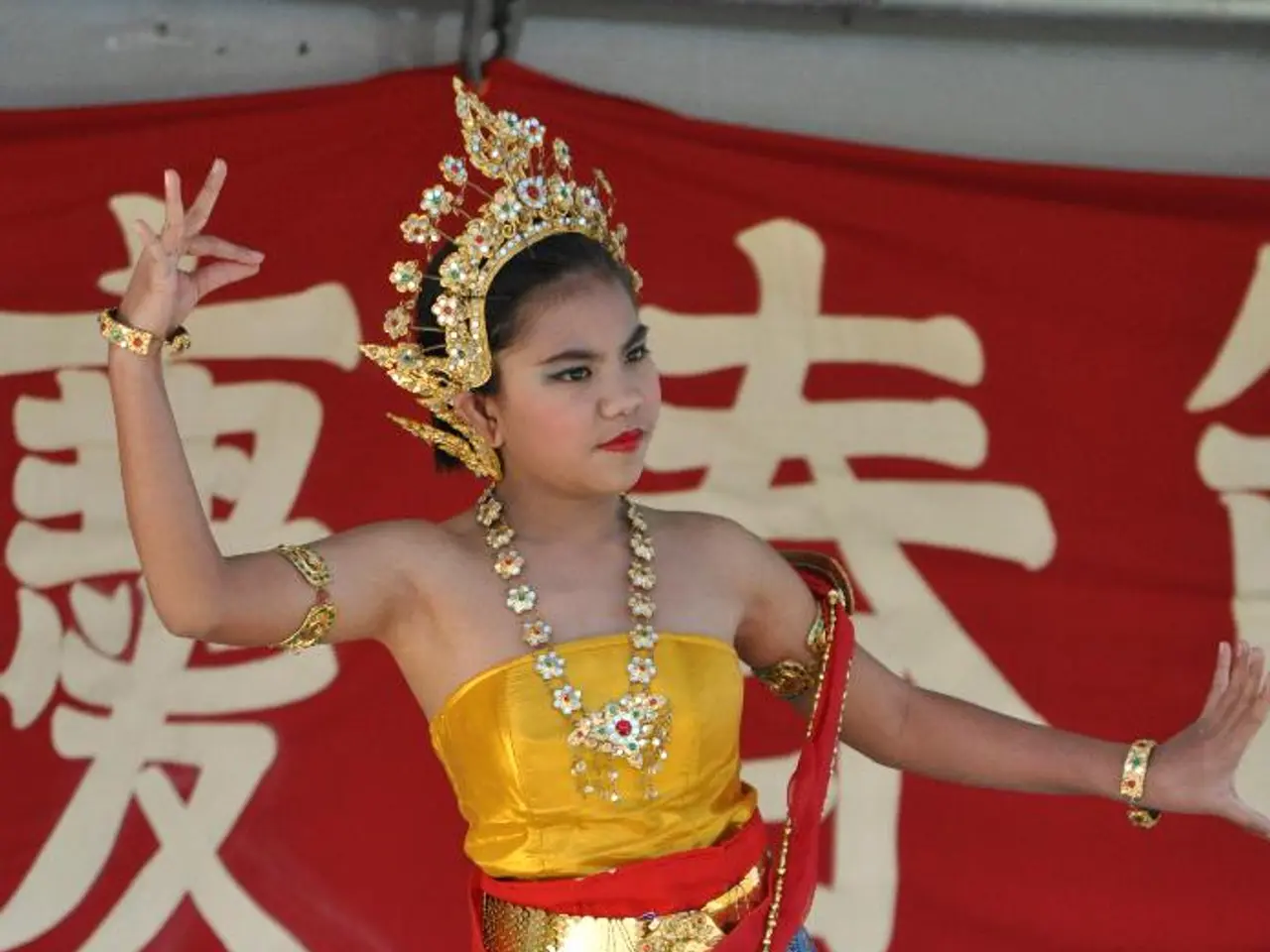South Africa Braces for Possible Limitations on Computer Chips as a Reaction to Diplomatic Demotion by Taiwan
Taiwan's Ministry of Foreign Affairs (MOFA) is contemplating the possibility of restricting semiconductor exports to South Africa, following the latter's renaming and downgrading of Taiwan's representative offices in Pretoria and Cape Town. This diplomatic action is viewed by Taiwan as a "crude" diplomatic downgrade [1][3][4].
The specific types of chips and the duration of any restrictions are still under discussion [1][4]. However, it's important to note that Taiwan is not a significant direct supplier of chips to South Africa [1]. Much of the Taiwanese-made chips in South African electronic products are imported from other countries, not directly from Taiwan [2]. Experts suggest that any chip export restrictions might be difficult to enforce and have limited practical impact on South Africa [2].
The MOFA, represented by Philippe Yen, the director-general for the Department of West Asian and African Affairs, has urged South Africa to respect existing agreements and engage in negotiations to resolve the dispute [1][4]. South Africa, on the other hand, justifies the renaming based on its "one China" policy and UN Resolution 2758 [1].
The dispute was triggered by South Africa's official notice issued on July 21 [5]. This move by Taiwan's government is intended to safeguard national sovereignty and dignity, with Taiwan viewing the decision as a sign of intensified pressure from Beijing, as it came shortly after South African Vice President Paul Mashatile's visit to China in mid-July [6].
The South African Department of International Relations and Cooperation (DIRCO) issued a statement claiming that relocating and rebranding the Taipei offices was standard diplomatic practice and a true reflection of the nonpolitical and nondiplomatic nature of the relationship between the Republic of South Africa and Taiwan [7].
In summary, Taiwan is actively discussing possible semiconductor export restrictions as a political countermeasure, but no formal export ban or sanctions have been implemented yet. The practical impact of such actions remains uncertain due to supply chain complexities [1][2][3][4]. A video overview of the diplomatic situation between South Africa and Taiwan is available for those seeking a deeper understanding of the issue [8].
References:
- Taiwan considers chip export restrictions in response to South Africa's diplomatic move
- The potential impact of Taiwan's semiconductor export restrictions on South Africa
- Taiwan threatens South Africa with chip export ban over office renaming
- Taiwan mulls chip export restrictions in response to South Africa's office renaming
- South Africa downgrades Taiwan's representative offices
- Taiwan's chip export threat to South Africa tied to China pressure
- South Africa defends decision to rename Taiwan's offices
- Taiwan-South Africa Diplomatic Crisis Explained
- The diplomatic tension between South Africa and Taiwan has expanded to the realm of technology, as Taiwan considers restricting semiconductor exports, a move that could impact South Africa's electronic industry.2.Politics and policy-and-legislation play a significant role in this crisis, as Taiwan is responding to South Africa's renaming of Taiwan's representative offices, citing this action as a violation of existing agreements.
- Meanwhile, the general news covers the ongoing dispute, including expert analyses suggesting that any chip export restrictions might be difficult to enforce and have limited practical impact on South Africa.








